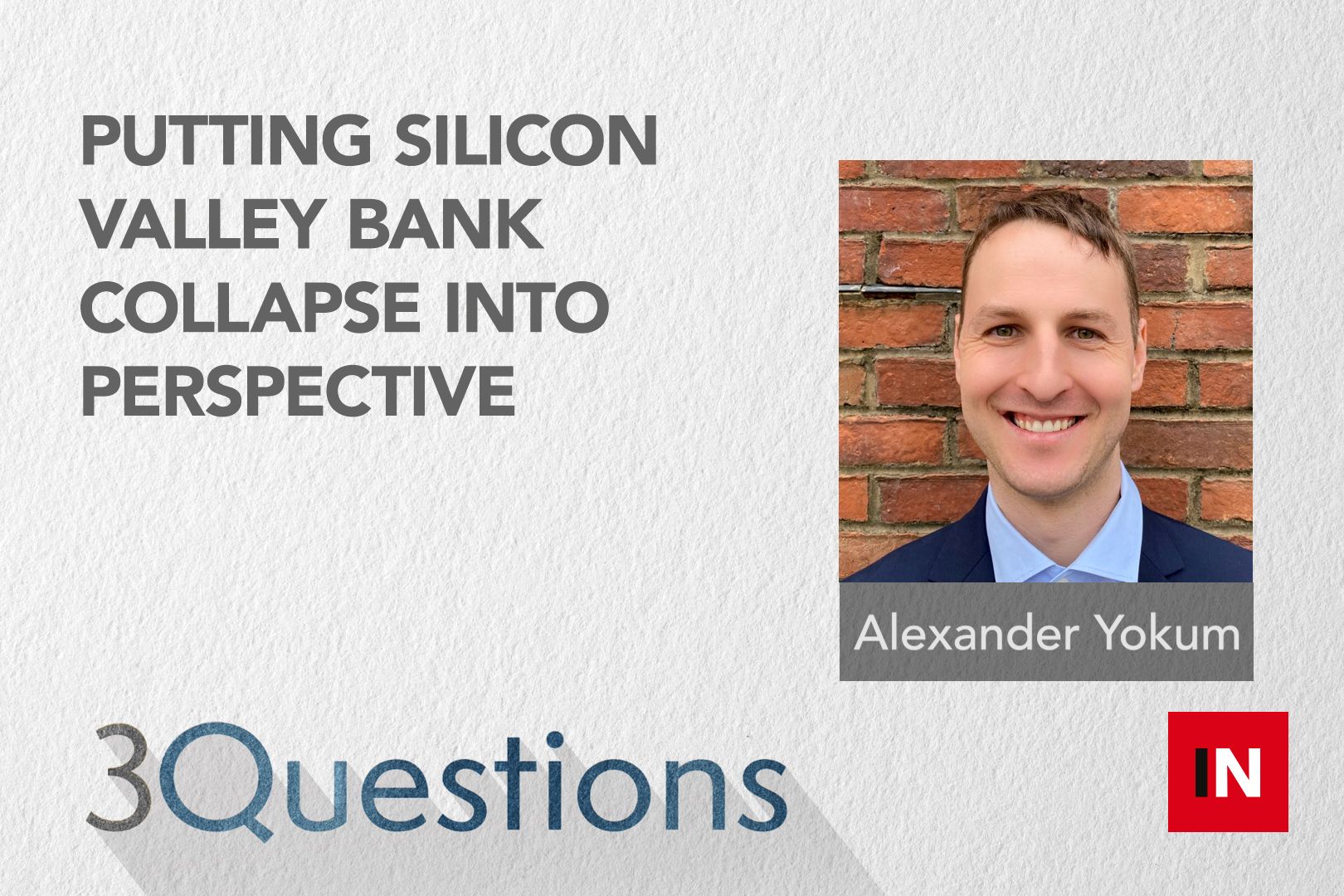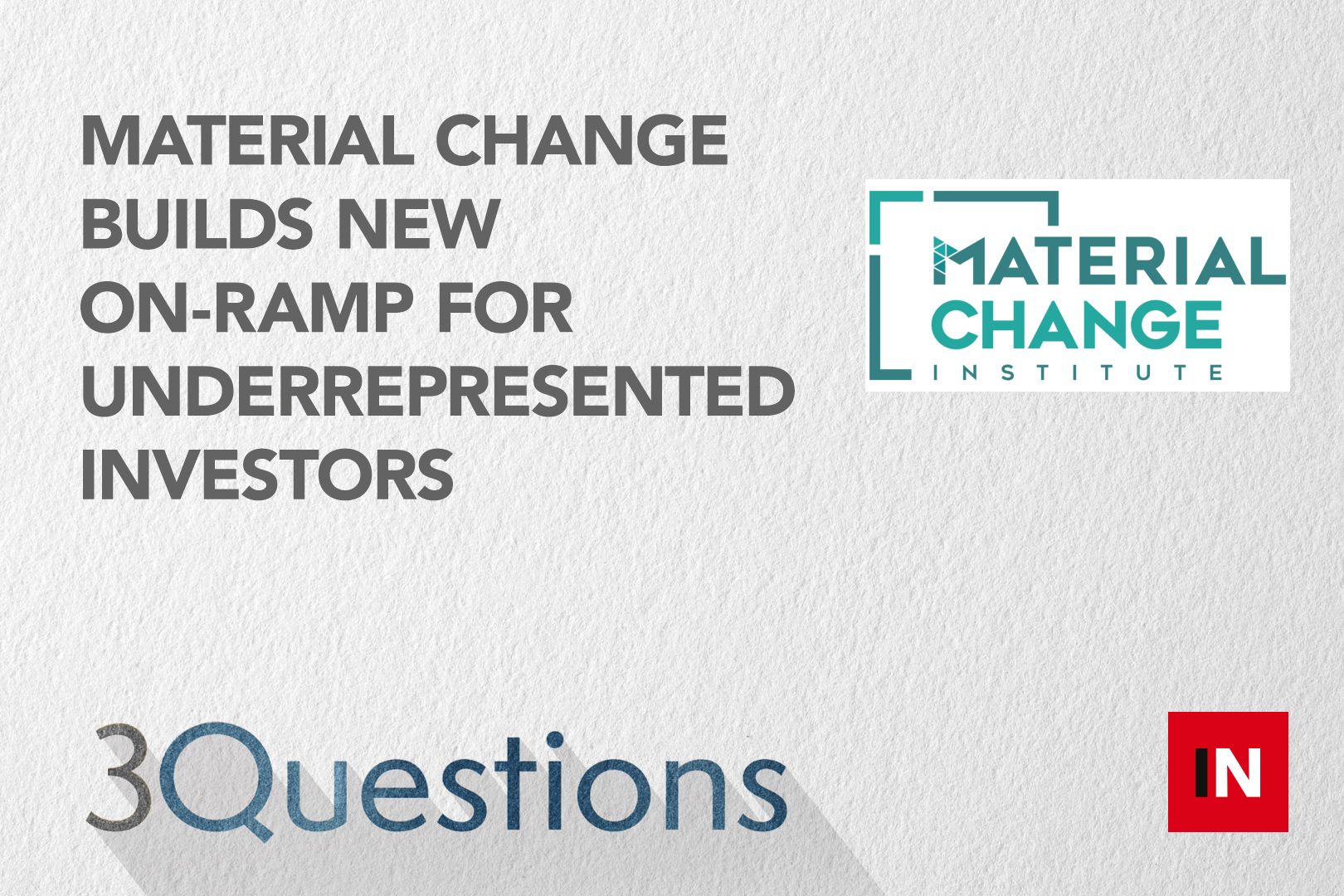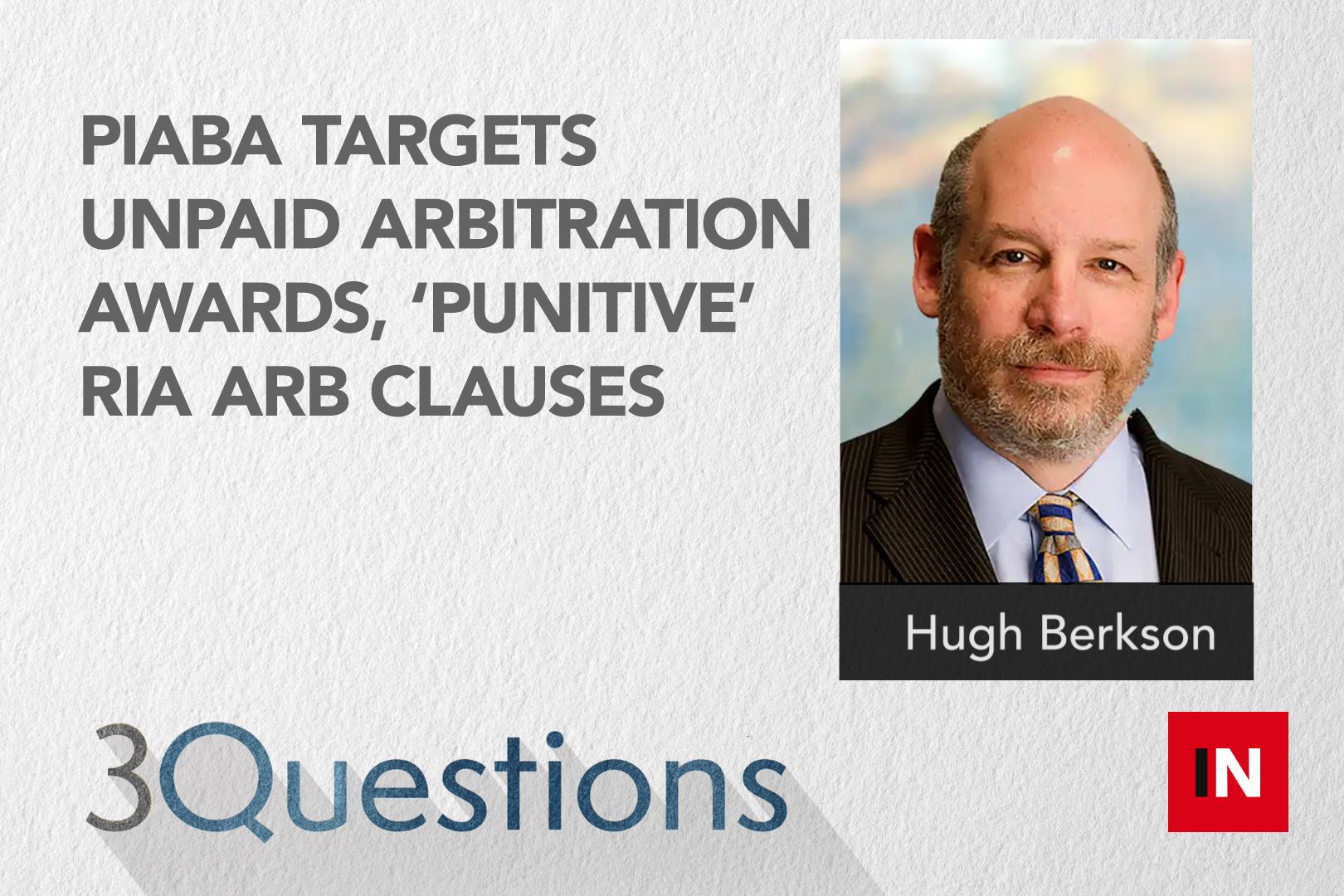3 Questions: Erika Karp on the importance of ‘social’ in ESG investing
The CEO of Cornerstone Capital answers: What should advisers be asking clients about their values?
Transcript:
[George Moriarty] Good morning and welcome to 3 Questions. I’m George Moriarty, Chief Content Officer here at Investment News and today I am thrilled to welcome Erika Karp. Erika is the founder and CEO of Cornerstone Capital. Cornerstone is a leading voice in sustainable investing and finance. Good morning Erika.
[Erika Karp] Good morning George. Thank you for having me.
[GM] One of our sources in the ESG space, brought to my attention this excellent anti-racism resource that you had shared. Can you tell us about that resource, how you found it, and how you are employing it?
[EK] Sure. I feel really fortunate to have seen it. It came from a friend. And when I saw it all I could think was how valuable it was because it was so extensive and it allows us, in whatever way we like to take in information, it allows us to have resources, whether its videos, podcasts or books, everybody needs to see it. Children, adults, everyone.
[GM] I’m really looking forward to sharing it with my four children and family, and again, thank you so much for sharing it. Now we are Investment News so I do need to take this back to the investing world. Between Covid-19 and now these ongoing protests for equality, the ‘S’ in ESG is really coming to the fore. Can you explain to me a little about what you look for when evaluating the social of ESG?
[EK] So in Environmental, Social, and Governance analysis, this is a discipline, I should say the Governance is first among equals, but the Governance completely incorporates the Social and Environmental issues. This is nuanced and it is complex. And so, when we think as investors about the ‘S’, we are thinking about everything from community relationships to employment opportunities, to training, to future of work, to access. Access to education, to healthcare, to capital. Access to broadband. All these issues are the ‘S’ in ESG. Again, this discipline has to be thought of holistically. And that’s why we are always looking at the big, hard questions, and again, very nuanced. Which is why again this list is so interesting. It’s such a great resource.
[GM] That’s fantastic. And now finally, we’re here to speak to advisors, what do you recommend to advisors who want to effectively engage in this space with their clients or with their communities?
[EK] It is a matter of raising consciousness about what’s going on in the world. It’s about raising the ability to ask the really important and hard questions. Not just about the investments we’re going to make, but about us personally. What is our history? What makes us who we are? What are our unconscious biases. What are we doing that sometimes maybe hurts the situation rather than helps it. So these are all questions that investment advisors are asking their clients. It’s about teasing stuff out and then directing our capital towards opportunities and solutions that are much more conscious and much more productive. And also we have to know that to do sustainable and impactful investing you do not have to sacrifice returns.
[GM] That’s excellent. I can’t thank you enough for joining us.



